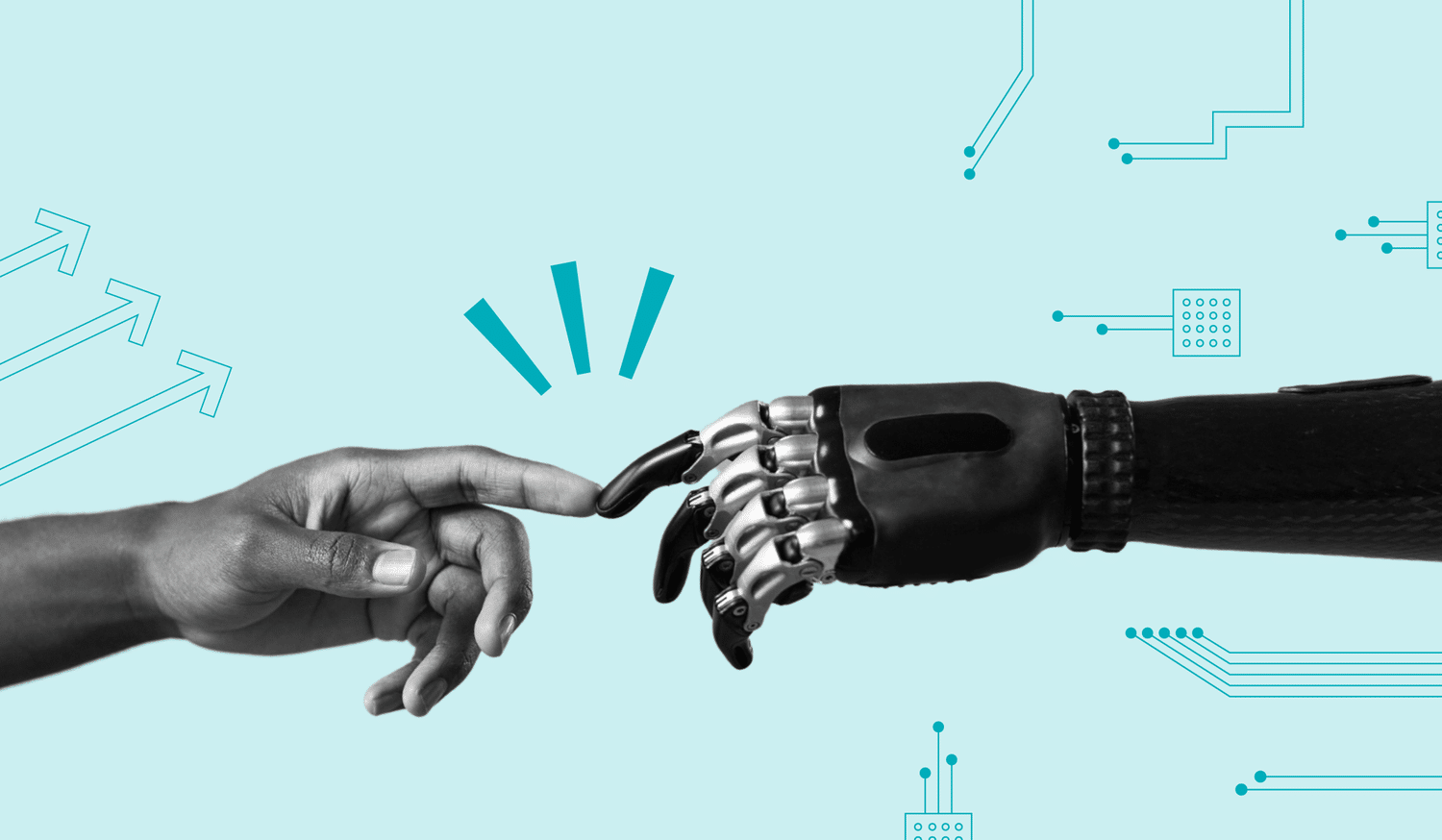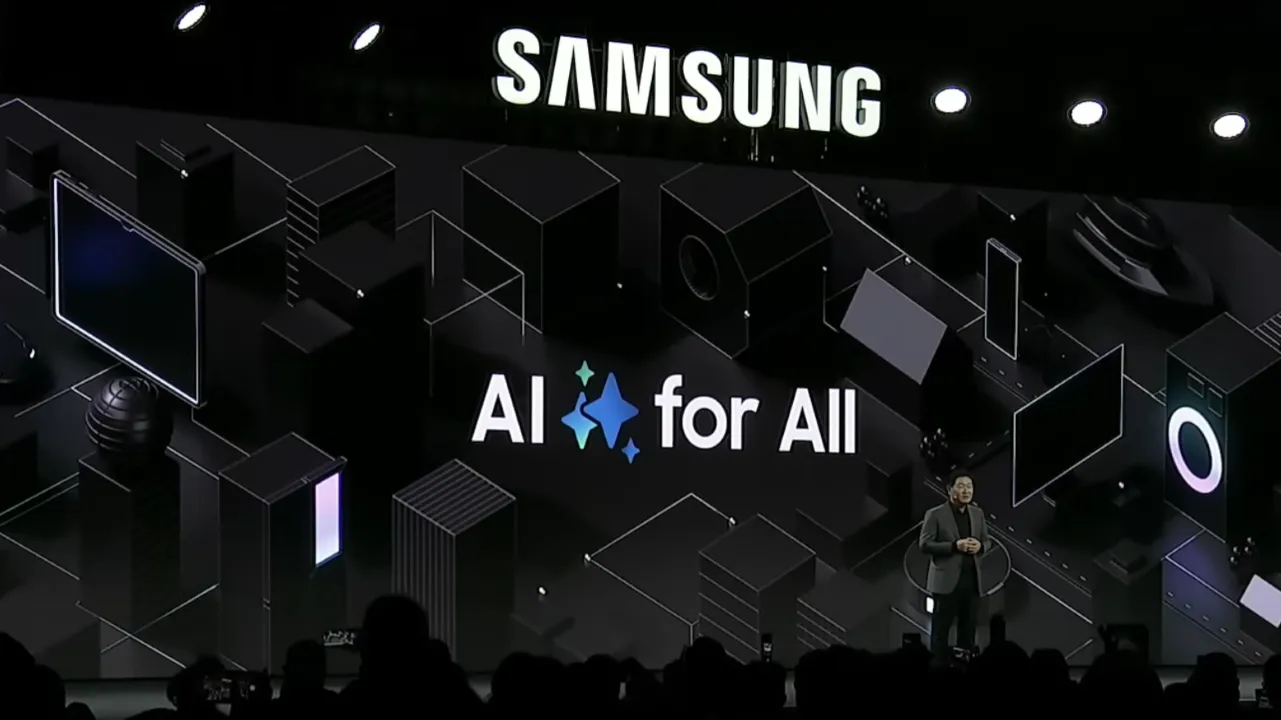In the fast-evolving world of artificial intelligence, human trainers play a pivotal role in shaping the capabilities and ethical considerations of AI systems. These trainers, often working behind the scenes, are the unsung heroes who bridge the gap between raw computational power and intelligent, responsible AI. Through meticulous data labeling, fine-tuning algorithms, and providing real-world context, human trainers ensure that AI systems are not only smarter but also safer and more aligned with human values.
This article delves into the critical role of human trainers in AI development, exploring their contributions, the challenges they face, and the future of their work. We’ll uncover the multifaceted nature of their expertise, from labeling data to teaching AI models to understand nuanced language and human behavior. We’ll also examine the ethical dimensions of their work, ensuring that AI systems are not only powerful but also fair, unbiased, and respectful of privacy.
The Critical Role of Human Trainers
- Data Labeling: The Foundation of AI Learning
Data labeling is the bedrock of AI development. Human trainers meticulously annotate vast amounts of data, such as images, text, and audio, to teach AI models to recognize patterns and make accurate predictions. This process involves identifying objects in images, classifying text sentiment, and transcribing audio recordings, among other tasks.
The quality of data labeling directly impacts AI performance. Accurate and consistent labeling ensures that AI models learn from reliable information, leading to better decision-making and fewer errors. Human trainers are essential for ensuring data integrity and preventing biases from creeping into AI systems.
- Fine-Tuning Algorithms: Enhancing AI Performance
AI algorithms are not perfect out of the box. They require ongoing fine-tuning to improve their accuracy and address potential biases. Human trainers play a crucial role in this process, providing feedback on AI performance and identifying areas for improvement.
For example, if an AI model is consistently misclassifying certain images or generating biased text, human trainers can intervene to correct these errors and provide additional training data. This iterative process helps AI models learn from their mistakes and evolve into more intelligent and reliable systems.
- Providing Real-World Context: Bridging the Gap
AI models are often trained on large datasets, but they may lack the real-world context necessary to understand nuanced language and human behavior. Human trainers bridge this gap by providing insights and explanations that help AI models make sense of complex situations.
For instance, in natural language processing, human trainers can help AI models understand sarcasm, irony, and other forms of figurative language. They can also provide cultural context to ensure that AI systems are sensitive to diverse perspectives and avoid offensive or inappropriate language.
- Ensuring Ethical AI: A Human Responsibility
As AI systems become increasingly powerful, ensuring their ethical use becomes paramount. Human trainers play a critical role in this regard, helping to identify and mitigate potential biases in AI models. They can also flag instances where AI systems may be used for harmful purposes, such as spreading misinformation or discriminating against certain groups.
By actively participating in the development and deployment of AI systems, human trainers help ensure that these technologies are used for good and not for harm. Their expertise is crucial for creating AI that is not only intelligent but also fair, unbiased, and respectful of privacy.
Challenges Faced by Human Trainers
While human trainers play a vital role in AI development, they also face several challenges:
- Data Quality and Quantity: Obtaining high-quality, diverse data for training AI models can be challenging. In some cases, data may be scarce or biased, which can impact AI performance and lead to unfair outcomes.
- Complexity of Tasks: Some AI tasks, such as understanding nuanced language or recognizing subtle emotions, can be extremely complex. Human trainers need to possess specialized knowledge and skills to effectively train AI models for these tasks.
- Mental and Emotional Strain: Labeling large volumes of data or reviewing potentially disturbing content can take a toll on human trainers’ mental and emotional well-being. It is essential to provide them with adequate support and resources to cope with these challenges.
- Job Security: As AI technology advances, there are concerns that some human trainer tasks may become automated. While this may be true for certain routine labeling tasks, human expertise will remain crucial for complex and nuanced AI applications.
The Future of Human Trainers in AI
The future of human trainers in AI is bright. As AI technology continues to evolve, human expertise will remain essential for ensuring that AI systems are intelligent, ethical, and aligned with human values.
While some routine labeling tasks may become automated, human trainers will increasingly focus on more complex and nuanced aspects of AI development. They will play a crucial role in teaching AI models to understand human behavior, emotions, and cultural context.
Furthermore, human trainers will be at the forefront of ensuring ethical AI development. They will help to identify and mitigate biases, promote transparency and accountability, and ensure that AI systems are used for good and not for harm.
In conclusion, human trainers are the unsung heroes of AI development. Their expertise is crucial for creating AI systems that are not only smarter but also safer and more aligned with human values. As AI technology continues to advance, human trainers will remain essential for shaping the future of AI and ensuring that it benefits all of humanity.






























